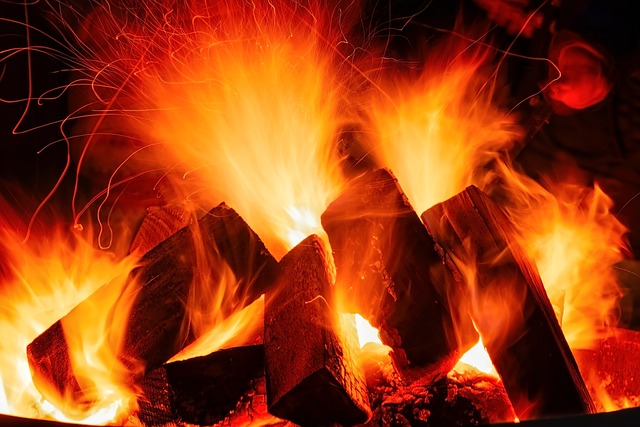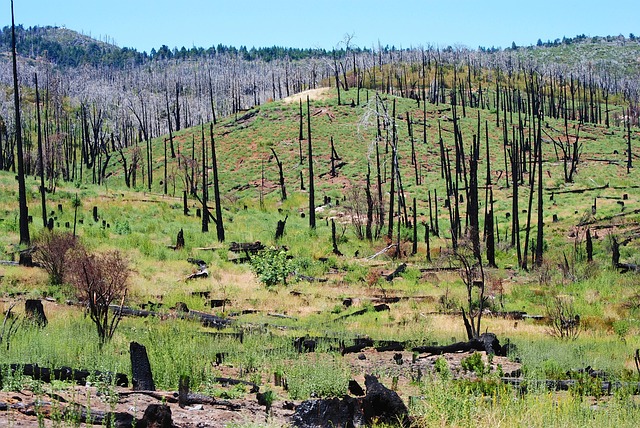In California, strict disclosure laws mandate that sellers disclose any history of fire damage to potential buyers, regardless of repairs made, to avoid legal issues. Buyers are encouraged to conduct thorough inspections and consult professionals to make informed decisions. Understanding these regulations is crucial when selling or purchasing a home with fire damage, as it ensures transparency and protects both parties' interests regarding material defects and property value.
In California, real estate disclosure laws are stringent, protecting buyers and sellers alike. When considering a sale, understanding these regulations is crucial, especially regarding issues like fire damage. This article navigates California’s specific requirements and provides insights into whether it’s feasible to sell a property with such damage. By delving into the legal aspects, we aim to offer a comprehensive guide for those contemplating a real estate transaction in this state, ensuring a smooth process while adhering to disclosure rules, particularly when dealing with fire-affected properties.
- Understanding California's Real Estate Disclosure Laws
- Can You Sell a House with Fire Damage in California?
Understanding California's Real Estate Disclosure Laws

In California, real estate disclosure laws are stringent, designed to ensure transparency and protect potential homebuyers. When it comes to selling a house with fire damage, these regulations come into play. If a property has experienced fire damage, sellers must disclose this information in writing to buyers, regardless of whether repairs have been made or the damage is visible. This includes providing details about when the fire occurred, the extent of the damage, and any structural changes or repairs that have been undertaken since.
Failure to disclose material facts, including fire damage, can result in legal repercussions for sellers. California’s Real Estate Disclosure Statement must be completed and signed by the seller, certifying that all information provided is true and correct. Buyers are advised to conduct thorough inspections and consult with professionals to assess the property’s condition, especially in cases of fire damage, as it could impact their decision to purchase and the property’s value. Additionally, understanding these disclosure laws can help buyers navigate any potential issues related to fire damage when considering a home purchase, such as negotiating repairs or understanding insurance implications, particularly when dealing with properties in California.
Can You Sell a House with Fire Damage in California?

Selling a home with fire damage in California is possible, but it’s crucial to understand the state’s disclosure laws and the impact on your property’s value. According to California law, sellers are required to disclose any known material defects or hazards, including fire damage, that could affect a buyer’s decision. Fire-damaged properties must be evaluated by a professional to assess the extent of the damage and determine if it can be repaired to code.
The presence of fire damage doesn’t automatically disqualify your home from selling, but it does require transparency during the sales process. Buyers have the right to know about any potential issues that could impact their investment. Therefore, it’s essential for sellers to accurately disclose fire damage and, if possible, provide a repair estimate or evidence of compliance with local building codes after repairs are made.
In California, understanding real estate disclosure laws is crucial when selling a property, especially after damage like fire. While it might be challenging to navigate these regulations when facing fire damage, transparency and accurate reporting are key. If the fire damage is repaired and the home is deemed safe by professionals, you can indeed sell your house in California. However, it’s essential to disclose any relevant information about the incident to potential buyers, ensuring they make informed decisions. Remember that, in terms of can you sell a house with fire damage California, knowledge of these laws and honest communication will help facilitate a smooth transaction process.






